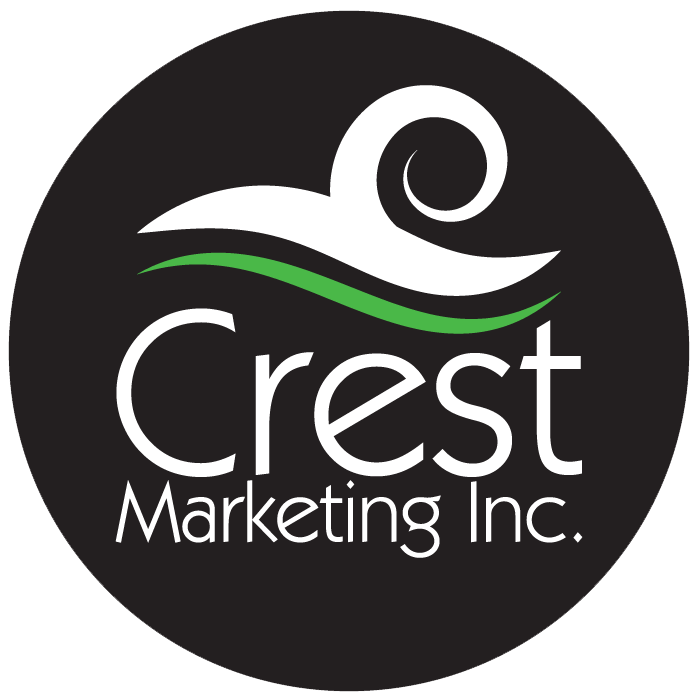Like most small business professionals, I am home and feeling very out of sorts. The office is not any cleaner, and the latest software updates have not been reviewed or installed – and that is OK because my discomfort is not entirely about feeling less productive. What has me feeling out of sorts is that I, like most, am feeling at a stand-still wondering what we should be doing to prepare our organizations for re-opening, as our brains are stalled. And among the many fears and questions, many professionals are asking themselves is “Does what we do really matter in the new post-pandemic world?”
Most of my work for the past 25 years has been serving nonprofits with their marketing communications. And the irony does not escape me: how could it be that at a time when so many people are in need, many of these organizations that were formed to serve the under-served are among those feeling most strapped, confused, and with lack of direction or vision for the future?
It Is Time To Turn Away From The Tactical And Back To The Vision
Most businesses were formed because visionary and hardworking people saw a gap that needed to be filled in their communities. It was “time to do something about this” because [food, arts, housing, jobs, educational programming, animal shelters, etc.] would make our society a better place. These organizations formed and carried their messages and their hard work onto delivering to those they committed themselves to supporting. Vision, plus hard work and support, propelled these organizations into becoming change-makers. Somewhere along the way however, the realities became that the amount of work invested into seeking support began to equal that of providing the support.
While it is true that the planning for the annual fundraiser or semi-annual appeal had to be halted during this pandemic, the mission of the organization should not have changed; and IF the organization’s purpose is of value, then it must continue serving -albeit differently.
Does The Organization or Business Deserve To Survive?
In the quiet hours of the last few weeks, many of us that run organizations may have asked ourselves that question. My suggestion is that you follow this thought processes with more questions:
- Why did this organization start?
- What did it seek to achieve?
- Who benefited over time from its existence? (if possible, name groups or people by name)
- How did it change, help, or improve a life?
If you have an answer to these, then you can state that your organization deserves surviving. So, the next question is…
What Do We Have To Do To Survive? – The HOW
One of the first thoughts that came to my mind was raising my children. Others may think of a different example, but what I know is that the way I served and communicated with my children changed over time. Their needs and how I provided these changed; in the same way, the way we deliver on our mission will have to adapt.
- Do we change our method of delivery? (in person vs. digitally or by delivery service, indoors vs. outdoors, altering group sizes, flow, etc.)
- Should we serve the same groups we served before directly, or by proxy? (for example, do we provide educational services to children, or empower more docents?)
Think of marketing as a way of serving “personas,” the fictional, generalized representations of your ideal customers, constituents, etc. This is the Who we serve. When we stop thinking in terms of large groups and generalizations and instead think in terms of a particular individual that we have served, we may discover alternative ways of thinking of that relationship, of how we helped, their specific needs, how we reached them, the communication method used, etc. This is a great technique for outside-the-box thinking and for marketing planning as it will generate a more personalized approach and communication.
We have all experienced tough weeks, and for many the damage is beyond physical or financial. Our feeling of self-worth and our sense of relevance can feel threatened. Although we are sure that this world event will change much of life as we know it, we must keep in mind that it is the mission of what we do that matters. And when we confirm that what we do matters, how we do it will need to develop and adapt over time.
Sue Moylan is the owner and creative director at Crest Marketing, Inc. since 1992, providing outsourced marketing and fundraising communications for clients in print and online.


Recent Comments